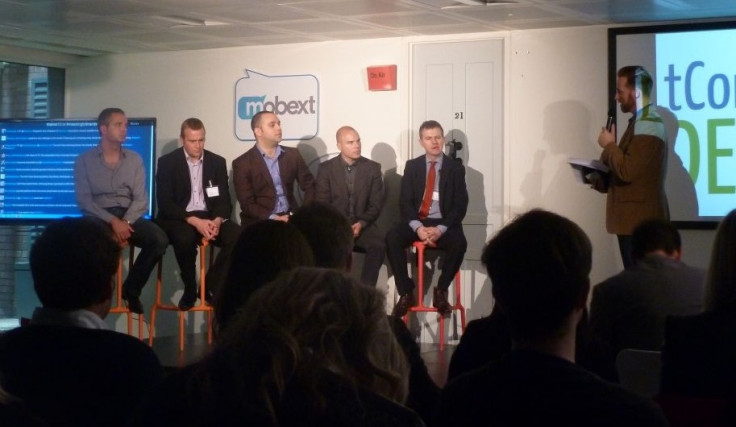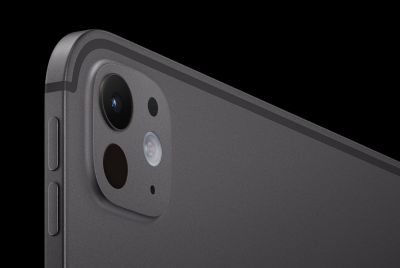Exclusive: BBC Second Screen Strategy is Wrong, Says Zeebox Founder
UK is a year behind US in development
The BBC's strategy of creating dedicated apps for individual television shows is flawed, Zeebox founder Ernesto Schmitt said at an event focusing on tablet PC marketing.

Schmitt said the BBC's recently announced strategy for second screen users - those who use a laptop or tablet PC while watching television - was a year out of date compared with American TV companies.
"[The BBC's] second screen app strategy is all about show-specific apps - Antiques Roadshow app and others. It's really interesting because the US is about a year ahead of that development cycle and I'm spending half of my time over there at the moment and dealing with all of the big broadcast networks," Schmitt told an event organised by Mobext and InMobi.
"They've all moved beyond show or channel specific applications or even provider specific apps like Comcast or a Sky equivalent. The reason is that if it's a show-specific application it gets one hour of use per week and 167 hours of darkness and that's a big disincentive to keep it on your device because you just forget to engage with it."
Victoria Jaye, the BBC's head of IPTV and TV Online Content, announced the BBC's second screen strategy during the Connected TV Summit in London on 3 May, 2012.
"Antiques Roadshow is a perfect series to develop a companion experience around," Jaye said, adding: "It's a great example of how we can creatively renew our audiences' enjoyment of watching a much cherished BBC programme.
"We're tapping into existing audience behaviour. Viewers have been shouting at their television screens for years, guessing the value of items featured in the programme. We're also taking viewers on a journey beyond where the broadcast programme can go, providing in-depth content about the stories and the history behind featured antiques in the programme, drawn from across BBC Online and other trusted sources."
However, Schmitt said that show-specific apps simply don't work.
"I'll give you the example of Fox in the United States who spent all of last season promoting the X Factor US application," he added. "There was not an episode where it wasn't called out 10 times yet over the course of the entire season they got just 400,000 downloads. That's terrible, particularly given that most people went once and didn't come back."
Schmitt also poured cold water on apps that brought together the whole range of programmes from a single channel.
"Even with a channel specific application you are asking consumers to hop through 10 different apps over the course of an evening's viewing and it just doesn't work. It's undermined by the fact that you don't have BBC friends or ITV friends or NBC friends versus Fox friends, you have friends," he said.
© Copyright IBTimes 2025. All rights reserved.



















